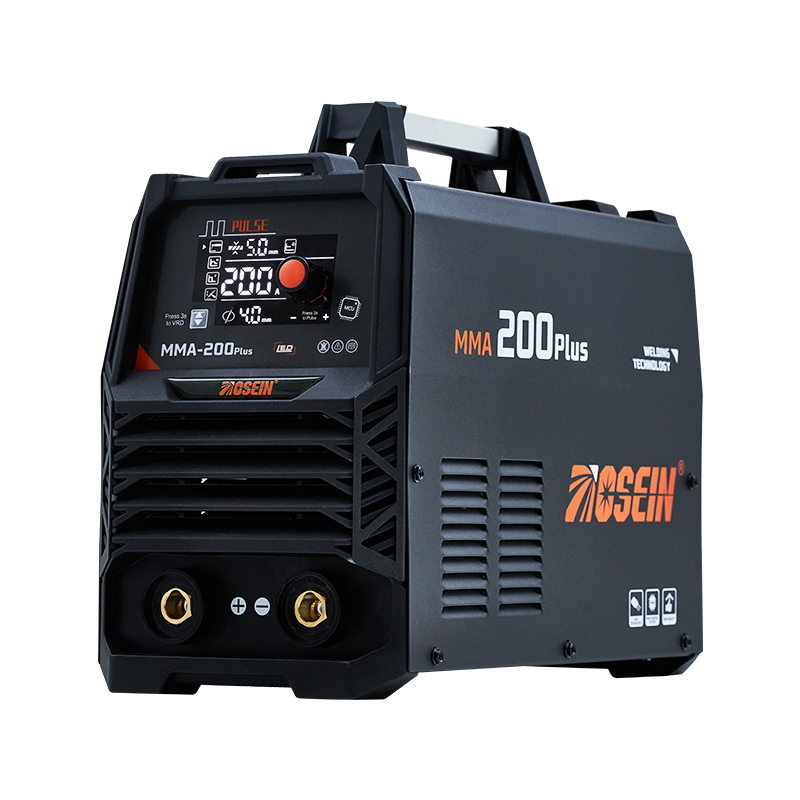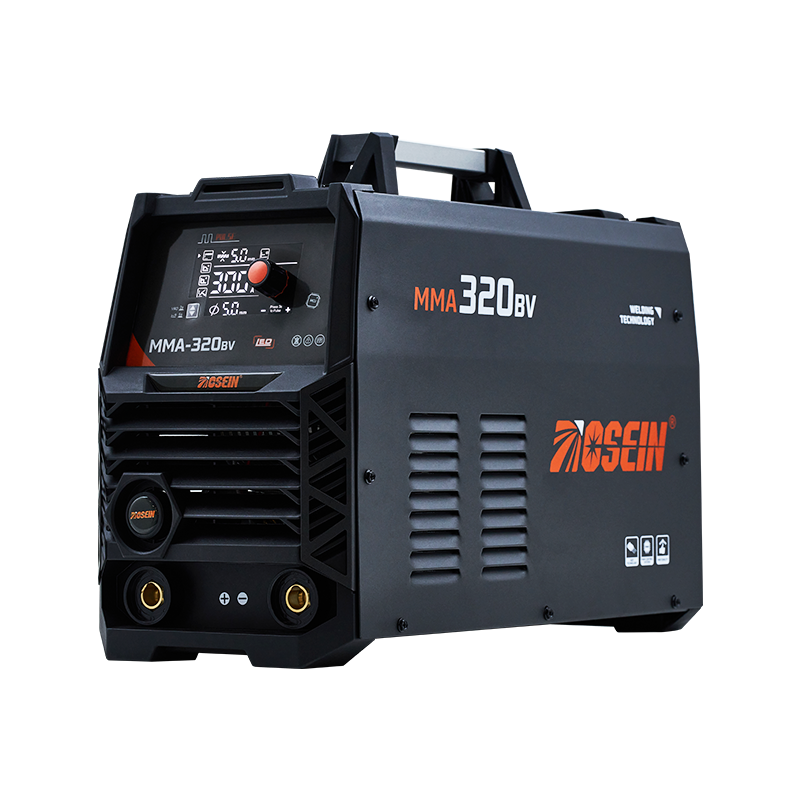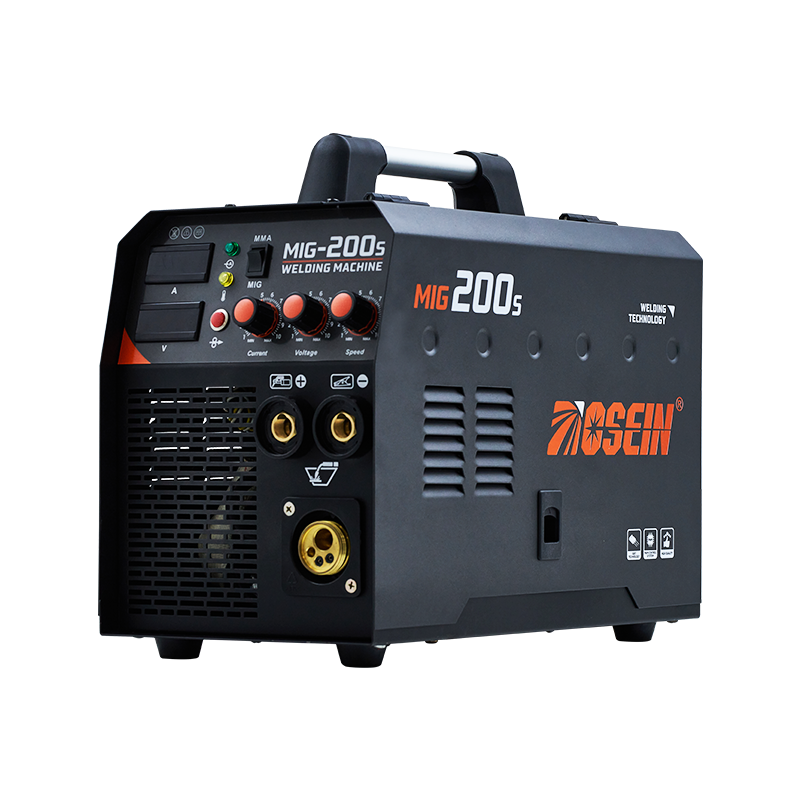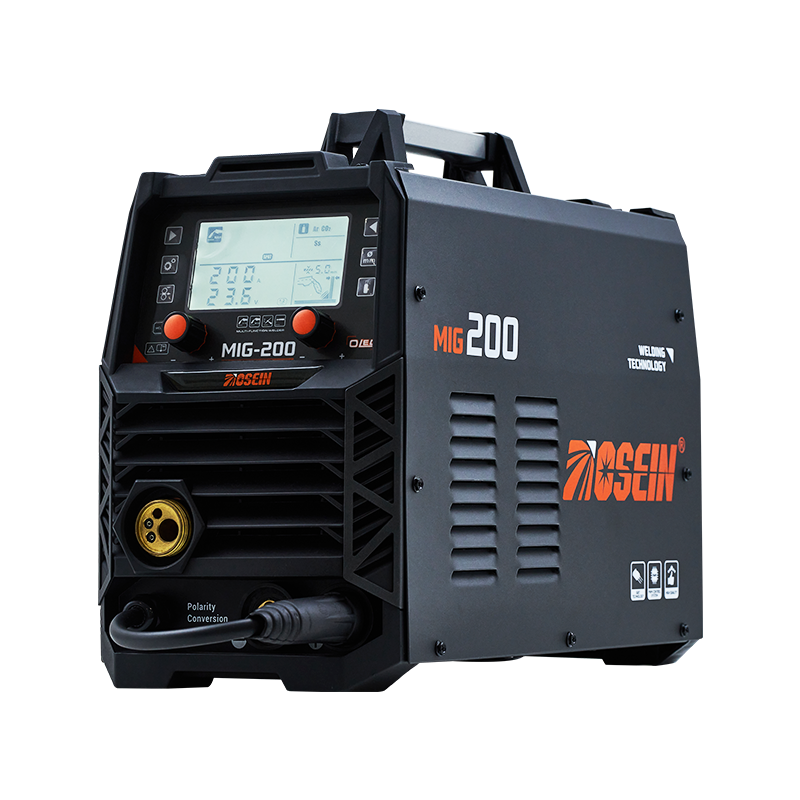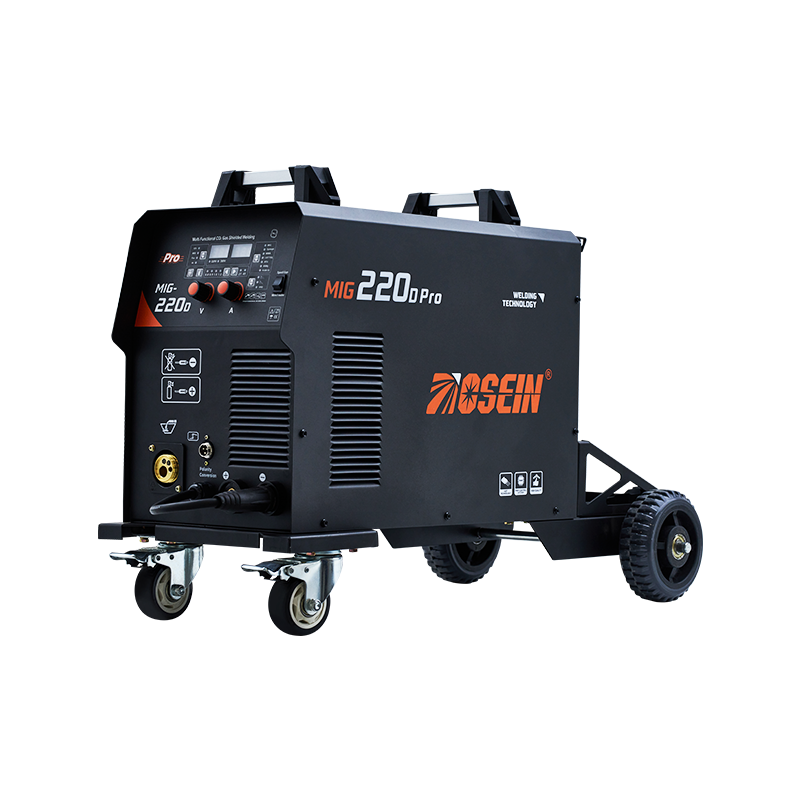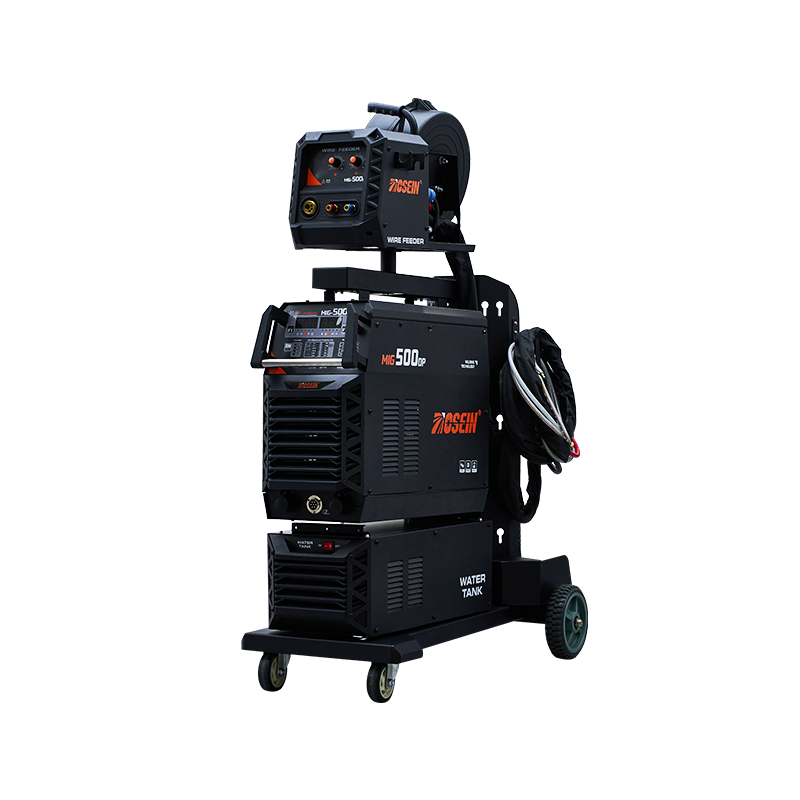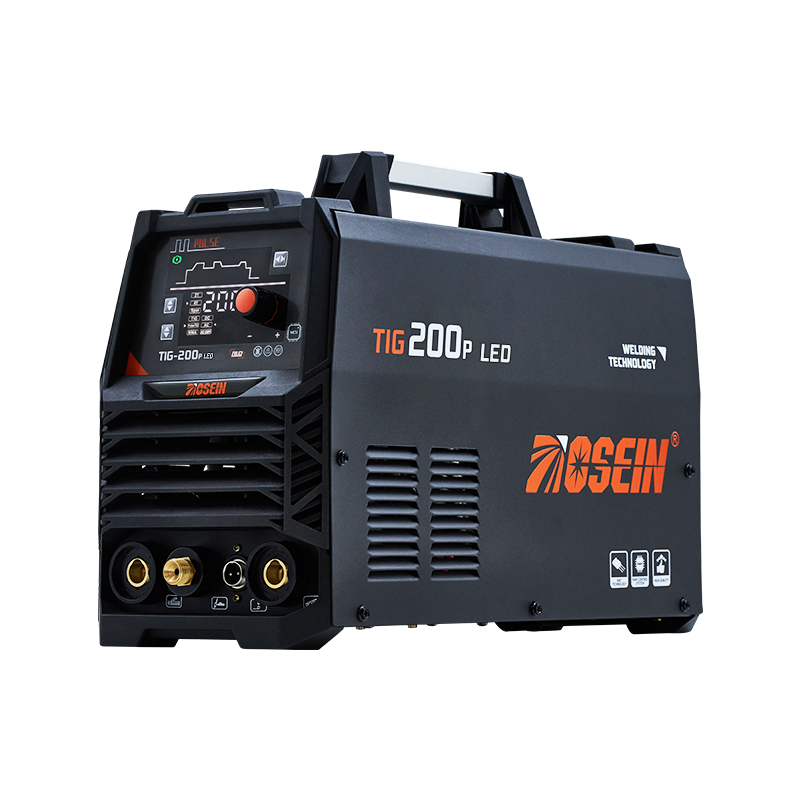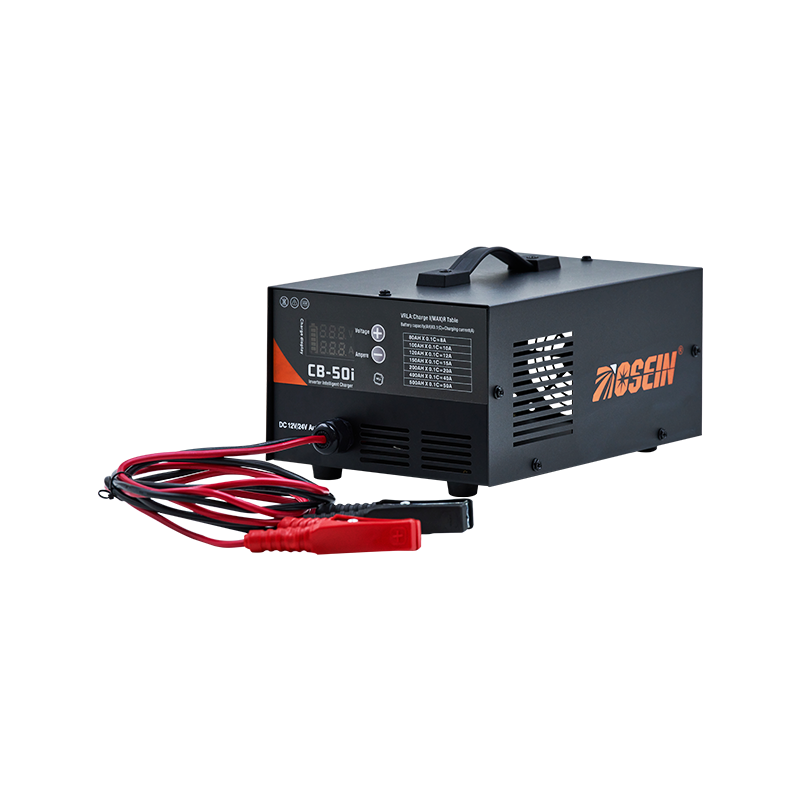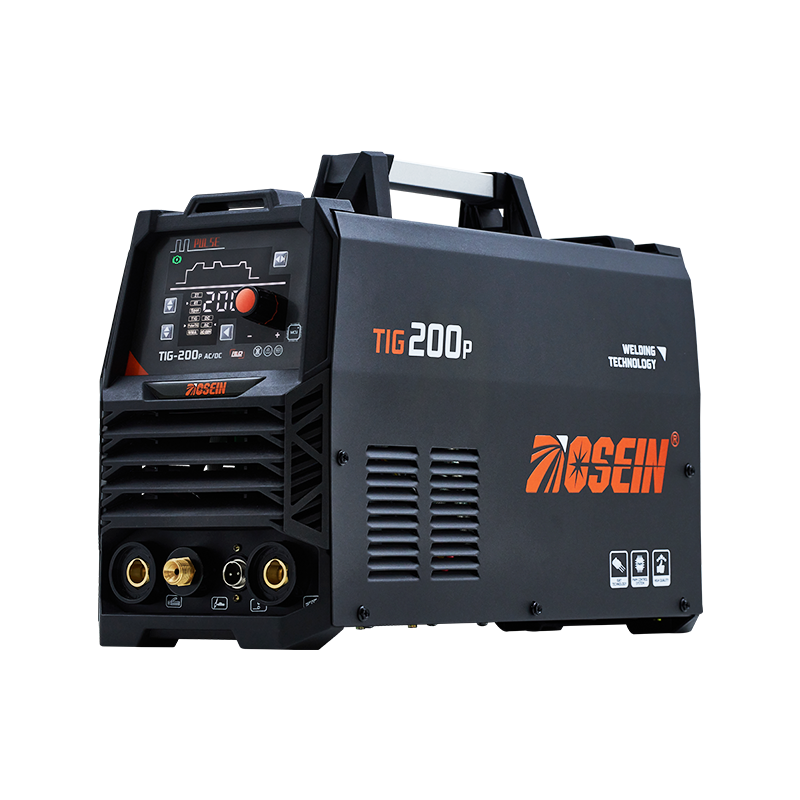
Precision metalwork often requires careful control over heat, material, and weld consistency. For tasks like automotive repairs, aerospace components, or custom metal art, the choice of welding equipment can make a significant difference. Among various options, Pulse TIG welders are gaining attention for their ability to combine accuracy with efficiency. Understanding their advantages and how they compare to other machines, can help hobbyists and professionals alike.
How Pulse TIG Welding Works
Pulse TIG welding is a variation of traditional TIG (tungsten inert gas) welding where the current alternates between high and low levels at a controlled frequency. This pulsing effect allows the welder to concentrate heat precisely, reducing the risk of warping or burning through thin materials.
Compared to standard Aluminum TIG Welding Machines, which maintain a constant current, a pulse setup can create cleaner, more uniform welds. The ability to modulate heat is particularly useful when working with aluminum or stainless steel, as these metals can be sensitive to overheating.
Benefits for Precision Work
The main advantage of a Pulse TIG Welder lies in its control over the welding process. By adjusting the pulse frequency and amplitude, users can manage bead formation, penetration depth, and heat distribution. This results in:
- Reduced Distortion: The alternating current minimizes the overall heat applied, which helps preserve the shape of thin or delicate workpieces.
- Improved Weld Appearance: Pulsing can produce smoother, more consistent weld beads with less spatter, reducing post-weld cleanup.
- Versatility: Pulse TIG welders can handle a wide range of metals, from aluminum to mild steel, making them adaptable for diverse projects.
For those who rely on a MMA TIG Welder, which typically uses a simpler setup for manual welding tasks, pulse technology offers additional precision and flexibility. It allows users to achieve similar results with less trial and error, especially when working on intricate joints.
Comparing to Other TIG Machines
While traditional Aluminum TIG Welding Machines excel at general aluminum work, they may require more skill to maintain consistent heat, especially on thin sheets. MMA TIG welders are often valued for their simplicity and reliability, but they may lack the fine control offered by pulse models.
Pulse TIG welders combine elements of both approaches: the controlled arc of a TIG welder with added pulse modulation for precision. This combination makes them suitable for small-scale workshops, hobbyists, and even light professional applications where detailed work matters.
Practical Considerations
When choosing a pulse TIG welder, consider factors such as:
- Amperage Range: Ensure the welder can handle the thickness of materials you intend to work on.
- Pulse Control Features: Adjustable frequency and duty cycle allow you to fine-tune welds.
- Portability and Size: For home or small workshop setups, compact designs can improve convenience.
Even if a project could be completed with a standard Aluminum TIG Welding Machine or a MMA TIG Welder, investing in a pulse-capable unit can save time and reduce errors over multiple tasks.
For precision metalwork, Pulse TIG welders offer notable advantages in controlling heat, improving weld quality, and reducing distortion. While Aluminum TIG Welding Machines and MMA TIG welders have their place for general tasks, pulse technology provides a level of accuracy that is especially valuable for delicate or intricate projects. By understanding these benefits, welders can choose the equipment that best suits their workflow and material requirements.
